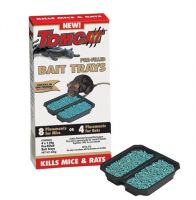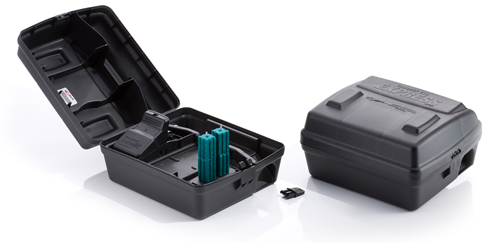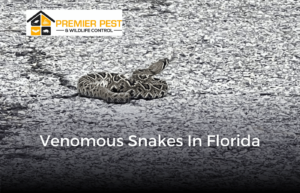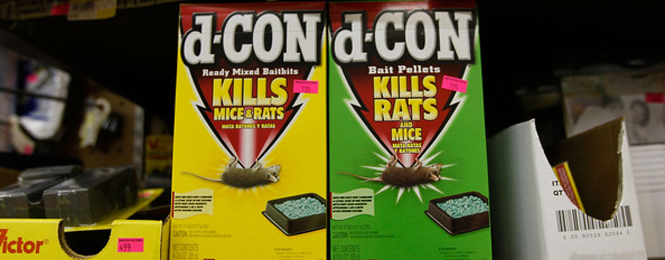
If you’re having a rat problem, your first thought might be to use rat poison. Unfortunately, poisoning rats is the least effective and most problematic rat control method. Using rat poison to solve a rat problem is like using duct tape to patch a leaky pipe. In almost all cases, it will cost you far less to have the rats trapped and the entry points permanently sealed than the potential long term costs of using poison. So what problems can you expect to have if you decide to use rat poison?
1. Poison Doesn’t Stop Rats From Coming In!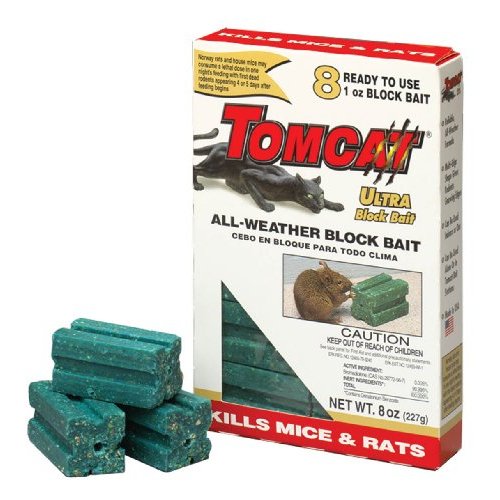
Rat poison doesn’t stop rats from coming into your home or office, it only kills the rats that eat it. If the structure is not properly sealed, new rats will quickly take the place of the old ones and you will have to continue to use more poison. The only way to permanently stop rats from getting in is by installing quality exclusion barriers. Visit our exclusion barriers page to learn more.
2. Dead Rats Smell
I know this seems like a “no brainer”, but dead rats smell! They smell really bad! That’s not something many people think about when they choose to use rat poison. If you use rat poison, you have to realize the rats will most likely die inside your home or office. Don’t be fooled by claims that “the rats will go outside in search of water”, or “if they die in your attic, you won’t smell anything”. We receive hundreds of calls every year from homeowners who have “a smell” coming from their attic, crawlspace, or even a wall. More often than not, recently used rat poison is to blame.
3. Non Target Poisoning
Non-target poisoning is basically anything other than a rat that eats the poison. When poison is used, there is always a chance that another animal may find and eat the poison and die. Depending on the type of poison and where it is used, dogs, cats, and even children can come in contact with the poison. Most states now require the use of tamper resistant rodent boxes designed to help prevent accidental poison of children and pets. Unfortunately, no law is without flaws, and often these laws are just plain ignored.
When should rat poison be used?
In most cases, rat poison is best suited for large warehouse and commercial buildings, where due to their sheer size and/or construction, exclusion barriers are not cost effective. Since it is not likely children will be playing around this type of facility, non-target poisoning is not a major concern. Smells are not a problem either because the rats are poisoned outside and away from people.
We have yet to come across a home where the best option for rat control is poison. Safety is our biggest concern which is why we never use poisons in or around a home. With the proper experience, just about any structure can be sealed to permanently keep rats out without using poison.
[list style=”red-bullet”]
- Due to the significant health risks, rat poison should only be used by licensed professionals.
- Rat poison should always be used in conjunction with properly secured tamper resistant rodent boxes.
- Tamper resistant rodent boxes reduce the risk of accidental poisoning of adults, children, and pets.
[/list]
If you have a rat problem, don’t use poison! Click here or call Premier Wildlife Services today for a free inspection and estimate for a permanent rat control solution.
Related Services:
Bee Removal Bird Control Pest Control Rodent Control Squirrel Control Snake Removal Wildlife Removal

